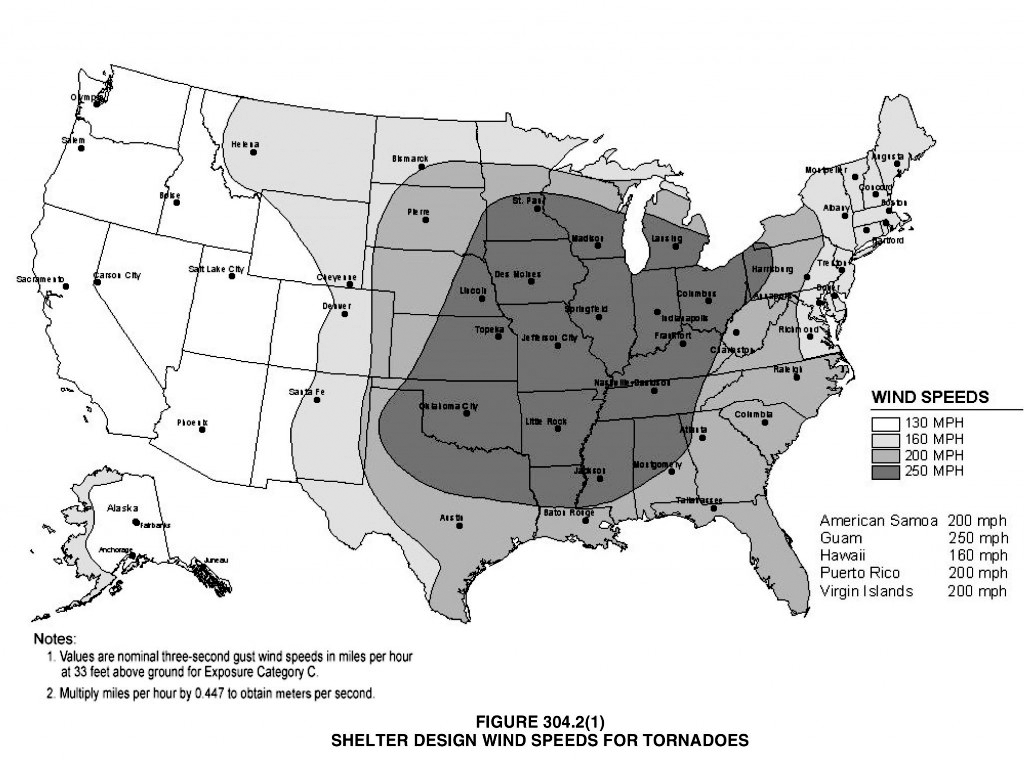Demystifying Storm Shelter Requirements
Deep Dive on Storm Shelter Closures
![]()
TORNADO ALLEY
Any state or locality that has adopted IBC 2015 or newer, is in an area that has an increased risk of tornadoes (identified as the 250 MPH wind zone.) These areas are required to have a storm shelter meeting the FEMA-361 requirements for all K-12 schools with 50 occupants or more, 911 call stations, police stations, fire, rescue and ambulance stations and more.
![]()
HURRICANE VS. TORNADOES
Tornadoes come on more instantly, so the pressure cannot equalized the way it can during a hurricane. When building a storm shelter for a hurricane area, you are building for duration more so than intensity. Tornadoes generally are quick, but have extremely high winds throwing all sorts of different projectiles at high rates of speed.
![]()
STORM SHELTERS
An interior room, or a space within a building, or an entirely separate building, designed and constructed to provide near absolute life-safety projection for its occupants from tornadoes or hurricanes. The most common rooms to be converted into storm shelters are cafeterias, gymnasiums and classroom pods.
What wind speed does your area need to withstand?

Wind zones are areas of the United States that get (on average) different maximum speed winds. The higher the winds, the higher the chance of a tornado or hurricane and the more damage it can do. This does not mean, however, that the surrounding areas are not of concern. Even in the 160 mph zone, tornadoes can develop and cause devastating damage to the area. 160 mph can still tear off roofs and turn over cars. These areas are generally less prepared for a storm of this magnitude, since they are less likely. When you are under prepared it can in turn have a greater impact on the people and the possessions in that area.





